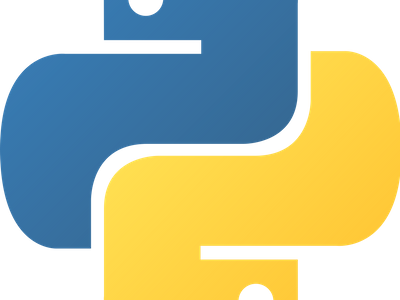- Scientific Python libraries: numpy, scipy, pandas
- Workflows with git
- Collaboration in open-source projects using GitHub
- Unit testing with pytest and on-line tools for automatic testing and test coverage
- The Python Package Index
CB2060 Applied programming for life science 3 1.5 credits

This is the third programming course of the master program "Molecular techniques in life science", given jointly by KTH, KI and SU, based on the Python programming language. The students will learn important programming workflows, version control and unit testing, and use of important scientific libraries
Information per course offering
Course offerings are missing for current or upcoming semesters.
Course syllabus as PDF
Please note: all information from the Course syllabus is available on this page in an accessible format.
Course syllabus CB2060 (Autumn 2022–)Content and learning outcomes
Course contents
Intended learning outcomes
As a result of taking the course the student will be able to
- Use common scientific software libraries
- Work with version control as a personal backup tool and as a platform for collaboration
- Develop code supported by unit testing
- Document code with community standard tools
- Structure and package code for publishing
Literature and preparations
Specific prerequisites
A bachelor's degree, corresponding to at least 180 ECTS. Courses corresponding to at least 20 ECTS in life science subjects and 10 ECTS in mathematics (or related).Completed course 5MT007 Applied programming for life science 1 (course given by Karolinska Institutet) or equivalent.
Literature
Examination and completion
Grading scale
Examination
- LAB1 - Laboratory work, 1.5 credits, grading scale: P, F
Based on recommendation from KTH’s coordinator for disabilities, the examiner will decide how to adapt an examination for students with documented disability.
The examiner may apply another examination format when re-examining individual students.
If the course is discontinued, students may request to be examined during the following two academic years.
Other requirements for final grade
Submission of laboratory assignments
Examiner
Ethical approach
- All members of a group are responsible for the group's work.
- In any assessment, every student shall honestly disclose any help received and sources used.
- In an oral assessment, every student shall be able to present and answer questions about the entire assignment and solution.